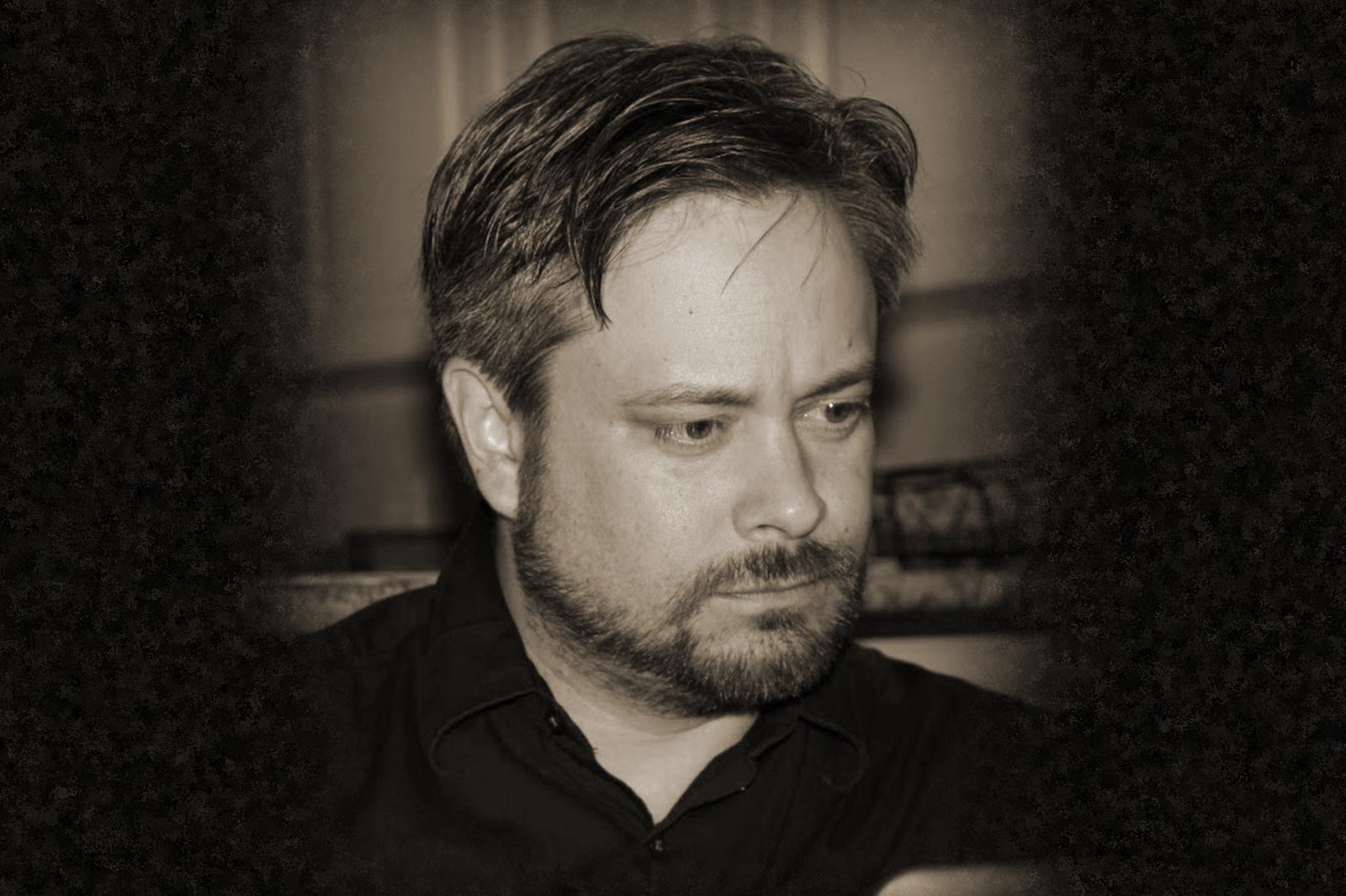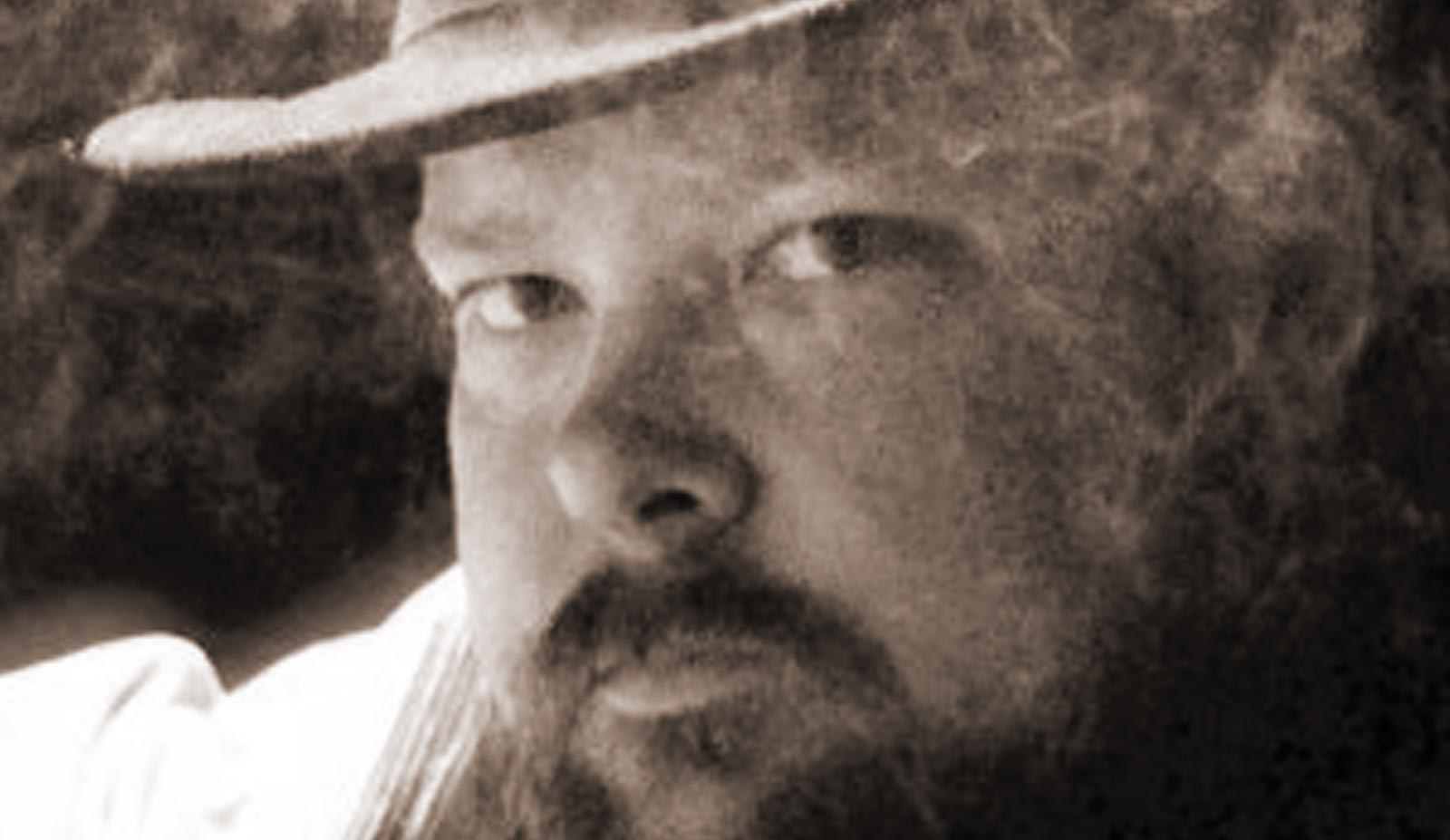
David D. Levine sees the world differently than most of us. His skills, knowledge, and experience combine in an utterly unique way in his physiology, allowing him to perceive connections and associations where many of us just see noise. To be able to spend 20(ish) minutes with a gentleman like this is a rare opportunity and we had a great time making the most of it as we discuss the nature of fiction, the structure and pattern of good fiction, the secret sauce, and more! (and definitely return for David’s Workshop Episode airing September 18th because… well… it’s awesome!)
PROMO: “The Hidden Institute” by Brand Gamblin
Showcase Episode: 20 Minutes with David D. Levine
[caution: mature language – listener discretion is advised]
Podcast: Download (Duration: 33:29 — 23.0MB)
Subscribe: RSS
Check out this and all our episodes on iTunes and on Stitcher Radio!
Episode Breakdown
00:40 – David’s Fabulous Intro
04:45 – You are quoted as saying “Writing is mind control at a distance”… could you riff on that?
- 05:10 – The reason we write is to share the contents of your brain across time and space
- 05:30 – When you write fiction, you’re manipulating someone’s emotions across time and space
- 05:55 – What you do and how you do it is very culturally specific
- 06:20 – We basically enjoy rubbing our minds against each other
- 06:25 – Mirror neurons are activated when we see other people experiencing things (evoking a similar response)
- 06:50 – By writing fiction, you stimulate people’s mirror nerons to feel those emotions
07:10 – Are you consciously aware of that when you write or are you more “in the zone” as it were?
- 07:30 – I’m not thinking about the neurons as I write, no.
- 07:35 – I am a writer who writes with my head, not with my heart
- 08:00 – That puts me in the minority of my writer acquaintances
- 08:15 – I take a pretty hard-nosed attitude and make sure that I put the emotion in… I have to work at it
- 09:10 – Put the character in trouble so the reader will identify with them
- 09:15 – Give the character something to care about so the reader will care about the character
- 10:05 – Be aware of these true aspects of human interaction
- 10:20 – I outline, I research, I write two or three times as many notes before writing
13:15 – Have you noticed a pattern or structure in your stories that you seem to follow?
- 13:30 – Algis Budrys said every story is a person in a situation with a problem who tries, repeatedly fails but evenutally succeeds and is rewarded
- 14:05 – The “try-fail” cycle is important, and most often its three tries
- 14:25 – If they try and succeed in the first attempt, the problem wasn’t hard enough
- 14:45 – If they try and fail many many times, it starts to look like a character flaw
- 15:20 – The reward is essential to show society approves
16:30 – “The Hidden Institute” by Brand Gamblin
- 17:30 – You want an ending to be a surprise and to feel inevitable at the same time
- 18:00 – To achieve this, you cheat
- 18:15 – As a writer you have a superpower: you can go back and change the past
- 19:00 – When you write an ending, you can recognize that your story is a draft and go back and add or remove whatever you need to set up the ending
- 20:00 – You can create a story that works technically and is completely flat and uninteresting… a whole pile of tricks doesn’t add up to a story
- 20:45 – It’s a secret sauce… I don’t even know the secret
21:45 – Do you ever feel compelled to go back and rework a story after a rejection?
- 22:00 – I almost never re-work a short story based on a rejection
- 22:15 – Unless it was the 6th rejection, or came from someone whose opinion I valued, or the observation was particularly resonant
- 23:20 – For novels, I haven’t sold one yet. There’s a lot more writing involved and I’m more likely to question myself because I’m a less experienced novelist
- 24:05 – With short stories, it’s sometimes hard to tell what’s a rejection and what’s a re-write request
- 24:40 – You have to examine the wording and decide if the editor might be interested in seeing a revision
- 24:50 – Use your social network and explore the possibility
25:50 – You seem to journal naturally… does it serve you in some way as a writer?
- 27:05 – This goes back to paper fanzine fandom… and fanzines are very personal things
- 27:35 – Back in the 70’s I was involved in a lot of amateur press associations (basically a blog on paper)
- 27:50 – You’d write up a couple pages about what you’re doing and send them to a central editor who shuffles them together and sends them back out
- 28:20 – I think, online blogs and writing about events in detail is a natural extension of that



